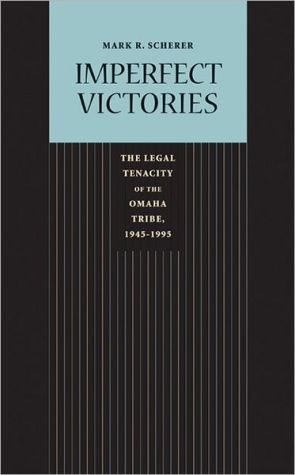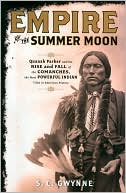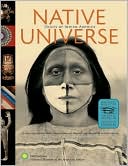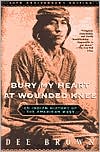Imperfect Victories: The Legal Tenacity of the Omaha Tribe, 1945-1995
The Omaha Tribe of Nebraska has borne more than its fair share of the burden created by the federal government’s wildly vacillating Indian policy. Mark R. Scherer’s Imperfect Victories provides a detailed examination of the Omahas’ tenacious efforts to overcome the damaging effects of shifting directions in federal policy during the last fifty years. The Omahas’ struggles are particularly significant because the tribe often bore the initial impact of experimental legislation that would later...
Search in google:
Detailed examination of the Omahas' tenacious efforts to overcome the damaging effects of shifting directions in federal policy during the last 50 years. Booknews Scherer (history, U. of Nebraska) examines the Omaha's efforts to overcome the effects of the federal government's wildly vacillating Indian policy and post-World War II legislation that transferred control over Indian affairs to state authorities. He argues that their legal successes have only been partly beneficial because of the years of hardship they caused and the fact that they failed to eliminate underlying tensions and problems. Annotation c. Book News, Inc., Portland, OR (booknews.com)
List of IllustrationsAcknowledgmentsIntroduction1The Arrival of Public Law 280 on the Omaha Reservation, 1946-195312Public Law 280 in Operation and the Battle over Retrocession, 1953-1970253The Omaha Experience with Indian Claims Commission Case 225, 1951-1964474Round Two before the Indian Claims Commission - Case 138, 1951-1966695The Legal Struggle for Blackbird Bend, 1966-199589Conclusion115Notes119Index161
\ BooknewsScherer (history, U. of Nebraska) examines the Omaha's efforts to overcome the effects of the federal government's wildly vacillating Indian policy and post-World War II legislation that transferred control over Indian affairs to state authorities. He argues that their legal successes have only been partly beneficial because of the years of hardship they caused and the fact that they failed to eliminate underlying tensions and problems. Annotation c. Book News, Inc., Portland, OR (booknews.com)\ \ \ \ \ American Historical Review“The book is a revelation of the cultural and legal complexities of modern tribal existence. . . . This book offers both an outsider’s view and an insider’s view of the factionalism and turmoil within the Omaha tribe. The author has presented a complex story in an understandable manner. For those keeping abreast of modern federal-Indian relations, his book is an important contribution.”—Donald L. Fixico, American Historical Review\ \ \ \ Law and History Review“An important book. . . . Imperfect Victories is a welcome contribution to Native American history. Scherer has written a compelling account of how the Omahas escaped Public law 280, redressed historical wrongs through the Indian Claims Commission, and participated in the Red Power movement to regain control over valuable tribal property. This book will be of special interest to scholars, policymakers, attorneys, and Indians interested in the origins of the self-determination movement.”—Kenneth R. Philp, Law and History Review\ \ \ \ \ Chronicles of Oklahoma“[Imperfect Victories] masterfully demonstrates how the experiences of Nebraska’s Omahas are indicative of national patterns. . . . . In a concise volume, Mark R. Scherer offers a well-crafted piece of legal history. He intricately weaves personal interviews with Omaha participants throughout his consideration of United States Indian policy as offered in the works of leading scholars from Vine Deloria, Jr., to Donald Fixico.”—W. Ben Secunda, Chronicles of Oklahoma\ \ \








